This is a question I get asked a lot these days, and so I want to clear up some misconceptions regarding backlinks, and using them to get more customers to your website.
If you want to get more customers to visit your website, you need great content, and powerful backlinks. Content is pretty obvious -- material that's worth reading, material that shows off your expertise or your relevance, and that keeps people wanting to come back for more.
Backlinks, on the other hand, are what connect your site to the rest of the web and pull your site up (or down). They refer to clickable hyperlinks back to your website either as a stand-alone link (e.g., http://www.wikipedia.com), or as a link "anchored" into another word or phrase (e.g., "affordable legal services").
Theoretically, backlinks show the webpages to which they link back to as being relevant and credible by the very fact that they're worth linking to. Google's original search algorithm relied very heavily on the presence of backlinks to "organically" determine the value of a webpage (the "Page rank", named not for the term "web page" but for Larry Page, on of Google's two founders). That said...
In just the last year or so they've gone from being the most important thing to getting your page seen (as the source of how search engines determined if you were "relevant" or not), to only one of a few dozen.
Part of what drove down the importance of backlinks was the cottage industry which sprung up around creating "fake" backlinks. Using automated programs (or a large group of dedicated folks, which gave rise to the "Google bombing" that lead to the Google-ing of the phrase "miserable failure" leading to the White Houses biography of George W. Bush!), people figured out that they could artificially "bump up" the rankings of a web page.
Department store chain J. C. Penny famously got called out by no less than the New York Times for picking up on this, and using it to their advantage. Google panicked, and began to look for ways to rely less heavily on backlinks.
Facebook is the largest thing on the internet - with about 1 in 7 people in the world having an account at this point (roughly, though some are fakes or duplicates, to be sure).
Shares, likes, Twitter tweets and more are all becoming important ranking factors, in part because they all represent genuine backlinking. It's much, much harder to get fake, pointless content to go viral with real people, so when something get's thousands of likes on Facebook (or +'s on Google's social network, Google Plus). Social media represents, overall, what real people are thinking or how they're feeling about whatever the relevant noun would be (the person, place, thing, or idea in question). Social sharing is the new backlinking.
That said, the traditional form of backlinks can still be valuable, but Google has continually revised how it appreciates them. There are new Google Local SEO rules that have to be followed, and more with each algorithym update, all aimed at preventing folks from gaming the system.
Backlinks need to be from sites which themselves have a high page rank. Subsequently, the page rank of those sites needs to be "organic", driven by their content, not by pulling a J. C. Penny.
Sites that are respected for being business sites, or business listing sites, like Yellowpages.com, Yelp.com, and of course Google's own Google+ Local, are going to be the best bets for "organic" and worth-while backlinks.
